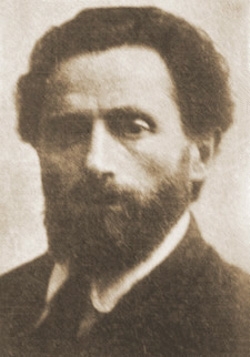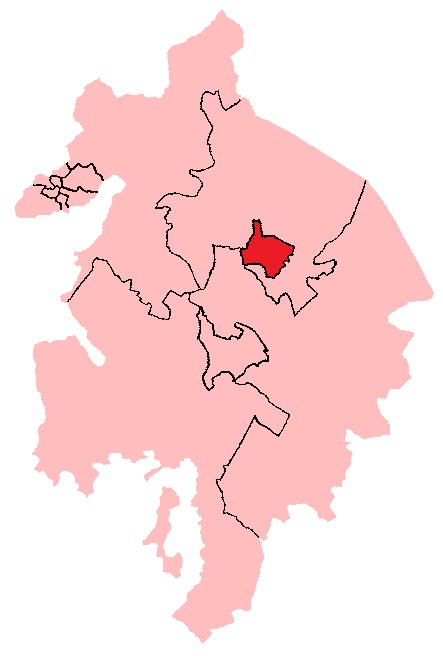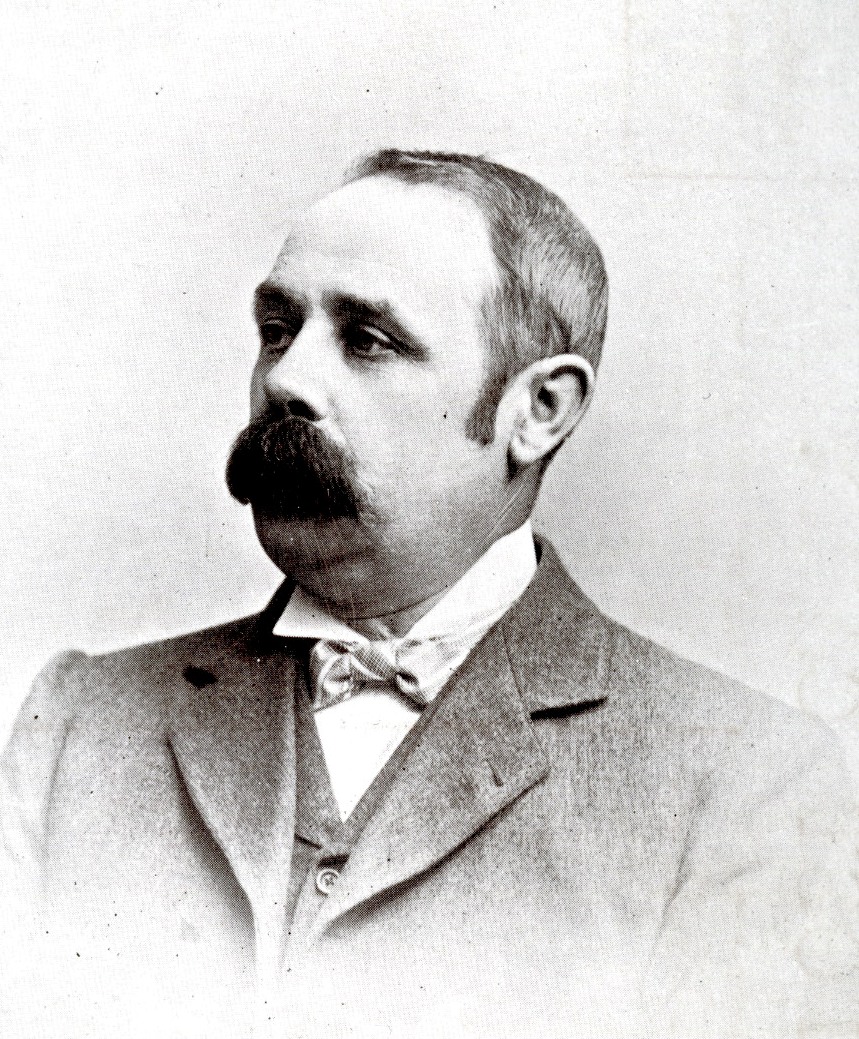|
Robert Williams (trade Union Leader)
Robert Williams (1881 – 1 February 1936) was a British trade union organiser. He was born in Swansea, Wales, and began his working life as a coal trimmer at the docks. He became active in his union, the National Amalgamated Labourers' Union, at the age of 16 and eventually became its president. He also served as a Labour Party councillor in Swansea from 1910 to 1912. In 1912, Williams was elected as the first secretary of the National Transport Workers' Federation. In this role, he unsuccessfully campaigned for its affiliates to amalgamate into a single union. He opposed World War I, and was a leading member of the Union of Democratic Control. An active member of the Labour Party, he stood in Aberavon at the 1918 general election, but as a supporter of the October Revolution, he joined the Communist Party of Great Britain in 1920.Wil ... [...More Info...] [...Related Items...] OR: [Wikipedia] [Google] [Baidu] |
Robert Williams
Robert, Rob, Robbie, Bob or Bobby Williams may refer to: Entertainment Film * Robert Williams (actor, born 1894) (1894–1931), American stage and film actor * Robert B. Williams (actor) (1904–1978), American film actor * R. J. Williams (born 1978), American former child actor and later internet entrepreneur * Rob Williams (filmmaker), American film director Music * Robert Pete Williams (1914–1980), American blues guitarist * Chocolate Williams (Robert Williams Jr., 1916–1984), jazz bassist and blues vocalist * Bob Williams (singer) (1918–2003), American singer and one of the Williams Brothers * Robert Williams (singer) (1949–2022), Greek singer and composer * Robert S. Williams (born 1949), bassoon player of the Detroit Symphony Orchestra * Robert Williams (drummer) (born 1955), Captain Beefheart, Hugh Cornwell, and solo * Robbie Williams (born 1974), British pop singer and former member of Take That * Rob Williams (1979–2009), partner of business Dolphin Music ... [...More Info...] [...Related Items...] OR: [Wikipedia] [Google] [Baidu] |
Profintern
The Red International of Labor Unions (russian: Красный интернационал профсоюзов, translit=Krasnyi internatsional profsoyuzov, RILU), commonly known as the Profintern, was an international body established by the Communist International (Comintern) with the aim of coordinating communist activities within trade unions. Formally established in 1921, the Profintern was intended to act as a counterweight to the influence of the so-called "Amsterdam International", the social democratic International Federation of Trade Unions, an organization branded as class collaborationist and an impediment to revolution by the Comintern. After entering a period of decline in the middle 1930s, the organization was finally terminated in 1937 with the advent of the Popular Front. Organizational history Preliminary organization In July 1920, at the behest of Comintern head Grigory Zinoviev, the 2nd World Congress of the Communist International established a temporary ... [...More Info...] [...Related Items...] OR: [Wikipedia] [Google] [Baidu] |
Havelock Wilson
Joseph Havelock Wilson (16 August 1859 – 16 April 1929), commonly known as Havelock Wilson or J. Havelock Wilson, was a British trade union leader, Liberal Party politician, and campaigner for the rights of merchant seamen. Early life He was born in Sunderland and went to sea as a boy, serving somewhere between 10 and 14 years at sea. In 1879 whilst still a seaman he married Jane Ann Watham at Sunderland. In 1882 he opened a "Temperance Hotel" in Sunderland settling down to life ashore at the age of 24. Trade union activities He became involved in a local seamen's union established in Sunderland in 1879 and had become its president by 1885. Wilson pursued a policy of attempting to build branches in nearby ports, which met with some success but led to disagreements within the leadership. In 1887, Wilson broke with the Sunderland union to establish his own National Sailors' & Firemen's Union, which was committed to a policy of expansion. Wilson remained president of the uni ... [...More Info...] [...Related Items...] OR: [Wikipedia] [Google] [Baidu] |
Amalgamated Marine Workers' Union
The Amalgamated Marine Workers' Union (AMWU) was a trade union of sailors, firemen and ship-board service personnel which existed in the United Kingdom between 1922 and 1927. It was a merger of the British Seafarers' Union and the National Union of Ship's Stewards, both of which were opposed to the principal trade union in the shipping industry, the National Sailors' and Firemen's Union. At the outset, the AMWU expressed an ambition to replace the NSFU and ultimately to become part of the recently established Transport and General Workers Union. But a number of factors limited the union's effectiveness. It faced resistance from both the NSFU and the Shipping Federation, which collaborated through the National Maritime Board to control access to employment in the shipping industry. The AMWU also suffered from severe internal divisions. In 1923 and 1925, the AMWU once again found itself unsuccessfully resisting wage reductions. In the latter instance, its effectiveness was l ... [...More Info...] [...Related Items...] OR: [Wikipedia] [Google] [Baidu] |
Transport And General Workers' Union
The Transport and General Workers' Union (TGWU or T&G) was one of the largest general trade unions in the United Kingdom and Ireland – where it was known as the Amalgamated Transport and General Workers' Union (ATGWU) to differentiate itself from the Irish Transport and General Workers' Union – with 900,000 members (and was once the largest trade union in the world). It was founded in 1922 and Ernest Bevin served as its first general secretary. In 2007, it merged with Amicus to form Unite the Union. History At the time of its creation in 1922, the TGWU was the largest and most ambitious amalgamation brought about within trade unionism. Its structure combined regional organisation, based on Districts and Areas, with committee organisation by occupation, based on six broad Trade Groups. Trade groups were not closely linked to trades, but were elected by activists. Officials of the union were grouped by region, and could be asked to serve each or any trade group. Doc ... [...More Info...] [...Related Items...] OR: [Wikipedia] [Google] [Baidu] |
UK General Strike, 1926
The 1926 general strike in the United Kingdom was a general strike that lasted nine days, from 4 to 12 May 1926. It was called by the General Council of the Trades Union Congress (TUC) in an unsuccessful attempt to force the British government to act to prevent wage reductions and worsening conditions for 1.2 million locked-out coal miners. Some 1.7 million workers went out, especially in transport and heavy industry. The government was well prepared, and enlisted middle class volunteers to maintain essential services. There was little violence and the TUC gave up in defeat. Causes From 1914 to 1918, the United Kingdom participated in World War I. Heavy domestic use of coal during the war depleted once-rich seams. Britain exported less coal during the war than it would have in peacetime, allowing other countries to fill the gap. This particularly benefited the strong coal industries of the United States, Poland, and Germany. In the early 1880s, coal production was ... [...More Info...] [...Related Items...] OR: [Wikipedia] [Google] [Baidu] |
National Executive Committee Of The Labour Party
The National Executive Committee (NEC) is the governing body of the UK Labour Party, setting the overall strategic direction of the party and policy development. Its composition has changed over the years, and includes representatives of affiliated trade unions, the Parliamentary Labour Party, constituency Labour parties (CLP), and socialist societies, as well as ''ex officio'' members such as the party Leader and Deputy Leader and several of their appointees. History During the 1980s, the NEC had a major role in policy-making and was often at the heart of disputes over party policy. In 1997, under Tony Blair's new party leadership, the General Secretary Tom Sawyer enacted the Partnership in Power reforms. This rebalanced the NEC's membership, including by reducing trade union membership to a minority for the first time in its history. The reforms also introduced new seats: two for local government, three for the Parliamentary Party, three for the (Shadow) Cabinet, and ... [...More Info...] [...Related Items...] OR: [Wikipedia] [Google] [Baidu] |
1924 United Kingdom General Election
Nineteen or 19 may refer to: * 19 (number), the natural number following 18 and preceding 20 * one of the years 19 BC, AD 19, 1919, 2019 Films * ''19'' (film), a 2001 Japanese film * ''Nineteen'' (film), a 1987 science fiction film Music * 19 (band), a Japanese pop music duo Albums * ''19'' (Adele album), 2008 * ''19'', a 2003 album by Alsou * ''19'', a 2006 album by Evan Yo * ''19'', a 2018 album by MHD * ''19'', one half of the double album '' 63/19'' by Kool A.D. * '' Number Nineteen'', a 1971 album by American jazz pianist Mal Waldron * ''XIX'' (EP), a 2019 EP by 1the9 Songs * "19" (song), a 1985 song by British musician Paul Hardcastle. * "Nineteen", a song by Bad4Good from the 1992 album ''Refugee'' * "Nineteen", a song by Karma to Burn from the 2001 album ''Almost Heathen''. * "Nineteen" (song), a 2007 song by American singer Billy Ray Cyrus. * "Nineteen", a song by Tegan and Sara from the 2007 album '' The Con''. * "XIX" (song), a 2014 song by S ... [...More Info...] [...Related Items...] OR: [Wikipedia] [Google] [Baidu] |
1923 United Kingdom General Election
The 1923 United Kingdom general election was held on Thursday 6 December 1923. The Conservatives, led by Stanley Baldwin, won the most seats, but Labour, led by Ramsay MacDonald, and H. H. Asquith's reunited Liberal Party gained enough seats to produce a hung parliament. It is the most recent UK general election in which a third party (here, the Liberals) won over 100 seats. The Liberals' percentage of the vote, 29.7%, has not been exceeded by a third party at any general election since. MacDonald formed the first ever Labour government with tacit support from the Liberals. Rather than trying to bring the Liberals back into government, Asquith's motivation for permitting Labour to enter power was that he hoped they would prove to be incompetent and quickly lose support. Being a minority, MacDonald's government only lasted ten months and another general election was held in October 1924. Overview In May 1923, Prime Minister Bonar Law fell ill and resigned on 22 May, aft ... [...More Info...] [...Related Items...] OR: [Wikipedia] [Google] [Baidu] |
Coventry (UK Parliament Constituency)
Coventry was a borough constituency which was represented in the House of Commons of England and its successors, the House of Commons of Great Britain and the House of Commons of the United Kingdom. Centred on the City of Coventry in Warwickshire, it returned two Members of Parliament (MPs) from 1295 until the Redistribution of Seats Act 1885, when its representation was reduced to one. The Coventry constituency was abolished for the 1945 general election, when it was split into two new constituencies: Coventry East and Coventry West. Elections were held using the bloc vote system when electing two MPs (until 1885), and then first-past-the-post to elect one MP thereafter. Boundaries From 1885 to 1918 the constituency consisted of the city of Coventry and the parish of Stoke.Debrett's House of Commons & Judicial Bench, 1886 From 1918 until the constituency disappeared in 1945, it consisted of the County Borough of Coventry. History In the eighteenth century Coventry was ... [...More Info...] [...Related Items...] OR: [Wikipedia] [Google] [Baidu] |
Black Friday (1921)
Black Friday, in British labour history, refers to 15 April 1921, when the leaders of transport and rail unions announced a decision not to call for strike action in support of the miners. The epithet 'black' derives from a widespread feeling amongst labour radicals that the decision amounted to a breach of solidarity and a betrayal of the miners. Black Friday caused the 1921 United Kingdom census, which had been planned for 24 April, to be pushed back to June. Triple Alliance In the 1890s and the first two decades of the 20th century, increasing efforts were made to bring about amalgamations of small, local trade unions and to forge links between different organisations, with a view to securing united action. The National Transport Workers' Federation was created in 1910 to co-ordinate the actions of trade unions representing dockers, seamen, tramwaymen and others and in 1912 the National Union of Railwaymen was created as an amalgamation of a large number of local and sectional ... [...More Info...] [...Related Items...] OR: [Wikipedia] [Google] [Baidu] |
National Union Of Railwaymen
The National Union of Railwaymen was a trade union of railway workers in the United Kingdom. The largest railway workers' union in the country, it was influential in the national trade union movement. History The NUR was an industrial union founded in 1913 by the merger of the Amalgamated Society of Railway Servants (founded 1872), the United Pointsmen and Signalmen's Society (founded 1880) and the General Railway Workers' Union (founded 1889). The NUR represented the majority of railway workers, but not white-collar workers, who were members of the Railway Clerks' Association (founded 1897, later the Transport Salaried Staffs' Association). NUR membership was open to drivers and firemen but most chose instead to be members of the Associated Society of Locomotive Engineers and Firemen (founded 1880). In 1914 the NUR joined forces with the National Transport Workers' Federation and Mining Federation of Great Britain to form the Triple Alliance – perhaps an unfortun ... [...More Info...] [...Related Items...] OR: [Wikipedia] [Google] [Baidu] |



.jpg)

